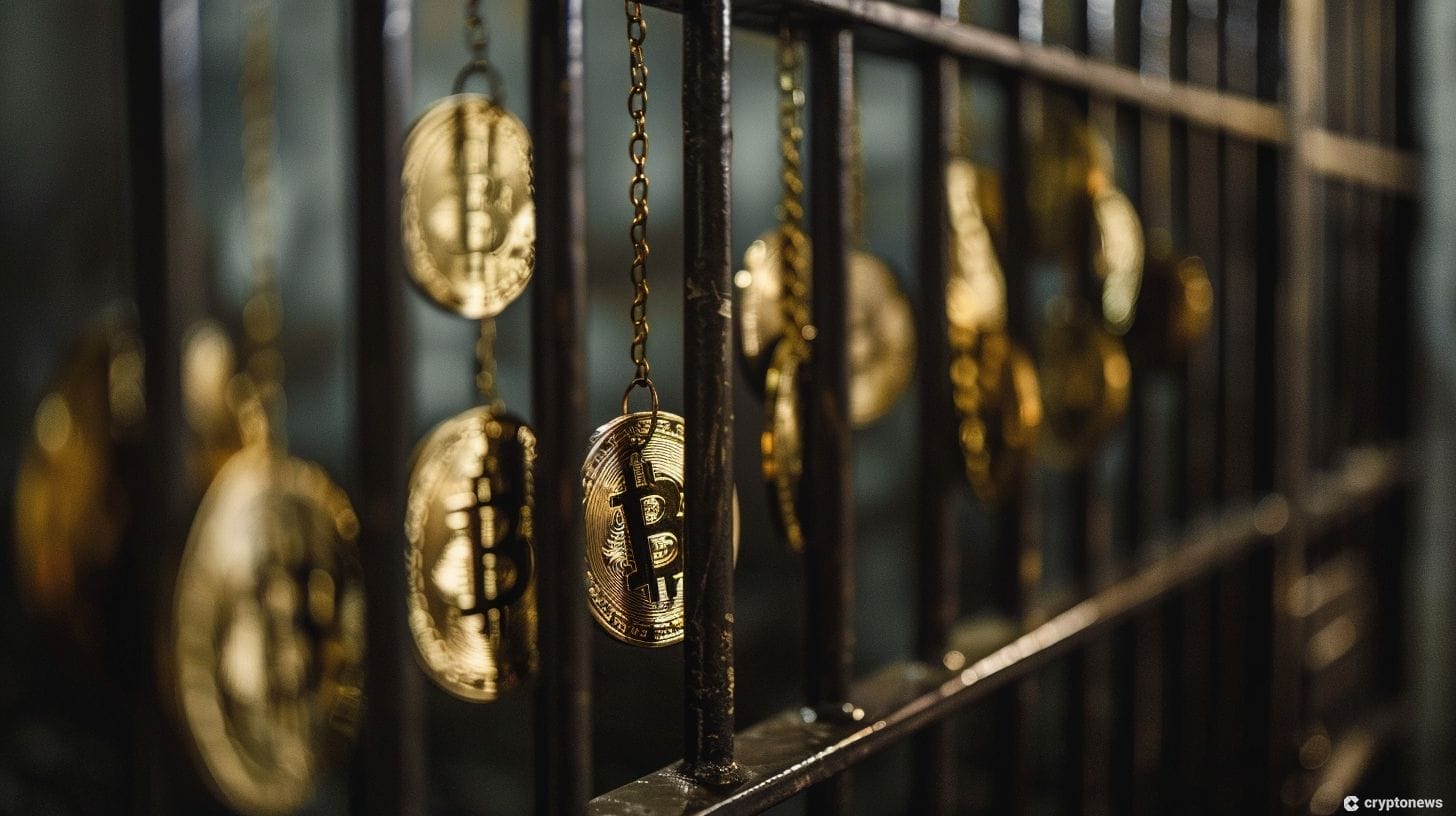The Nigerian Police Force recently arrested Linus Williams, a crypto celebrity also known as BLord, on charges of internet fraud, cryptocurrency fraud, terrorism funding, and violations of the Central Bank of Nigeria (CBN) Act. BLord, along with his associated companies, including Blord Group, Blord Real Estate Ltd, Blord Jetpaye Limited, and Billpoint Technology, has been under investigation for potential fraudulent activities. The police emphasized the importance of ensuring the safety and security of Nigeria’s cyber space by conducting thorough investigations into the matter.
BLord’s arrest is part of a broader crackdown on cryptocurrency-related offenses in Nigeria. Earlier this year, two individuals were detained on charges of money laundering and tax evasion following the government’s ban on cryptocurrency channels. There is a growing recognition of the need to establish a regulatory framework to facilitate the integration of blockchain technology into various sectors of the Nigerian economy. The Minister of Finance and Coordinating Minister of the Economy called upon the Securities and Exchange Commission (SEC) to address regulatory complexities surrounding cryptocurrencies to maintain market integrity in the capital market.
Concerns have been raised by the Blockchain Industry Coordinating Committee of Nigeria (BICCoN) regarding the ongoing legal disputes between cryptocurrency exchange Binance and the Nigerian government. The detention of Binance executives and legal battles have created uncertainty and risks within the blockchain ecosystem, potentially deterring investors and partners. US lawmakers have visited detained Binance executive Tigran Gambaryan in Kuje Prison, highlighting concerns over his health and wrongful detention. Despite being cleared of tax evasion charges, Gambaryan still faces a separate money laundering case, leading to tensions between Binance and Nigerian authorities.
The recent arrest of BLord and ongoing legal disputes involving Binance could potentially damage Nigeria’s reputation in the international blockchain community. The country’s regulatory environment and law enforcement efforts are under scrutiny as stakeholders call for a balanced approach to resolving legal issues and fostering a conducive environment for blockchain innovation. The need for transparent regulatory oversight and clear guidelines for cryptocurrency activities is crucial to ensure investor confidence, market integrity, and sustainable growth in Nigeria’s blockchain industry.
In conclusion, Nigeria’s crackdown on cryptocurrency-related offenses, including the arrest of BLord and legal disputes involving Binance, underscores the importance of regulatory clarity and enforcement in the country’s evolving blockchain ecosystem. Stakeholders, including government authorities, industry players, and international partners, must collaborate to address legal challenges, protect investors, and promote innovation in the cryptocurrency space. Establishing a conducive regulatory framework will not only enhance Nigeria’s credibility in the global blockchain community but also foster sustainable growth and development in the country’s digital economy.










